The views expressed in our content reflect individual perspectives and do not represent the authoritative views of the Baha'i Faith.
Recent events have me revisiting questions I’ve long wanted answers to: In the United States, why do so many murders happen to African American boys and men? How does this reflect larger societal biases and structural discrimination? What is the role of Western history in dehumanizing the Black male? What can white individuals like me do to eradicate racism? How far have we come toward racial equality, really?
When I turn to the Baha’i teachings for answers to these pressing questions, I find a stark warning from Shoghi Effendi, the Guardian of the Baha’i Faith, written in 1947:
No less serious is the stress and strain imposed on the fabric of American society through the fundamental and persistent neglect, by the governed and governors alike, of the supreme, the inescapable and urgent duty – so repeatedly and graphically represented and stressed by Abdu’l-Baha in His arraignment of the basic weaknesses in the social fabric of the nation – of remedying, while there is yet time, through a revolutionary change in the concept and attitude of the average white American toward his Negro fellow citizen, a situation which, if allowed to drift, will, in the words of Abdu’l-Baha, cause the streets of American cities to run with blood…
This “revolutionary change” obviously still has not happened. Although violence against African Americans is gaining more attention in the media, the prejudice and discrimination faced by Black people in U.S. society has deeply ingrained historical roots. Slavery was outlawed in the U.S. 155 years ago, but its evil legacy continues to haunt us. After the Reconstruction that followed the Civil War, Jim Crow segregation laws oppressed and subjugated African Americans for more than a century.
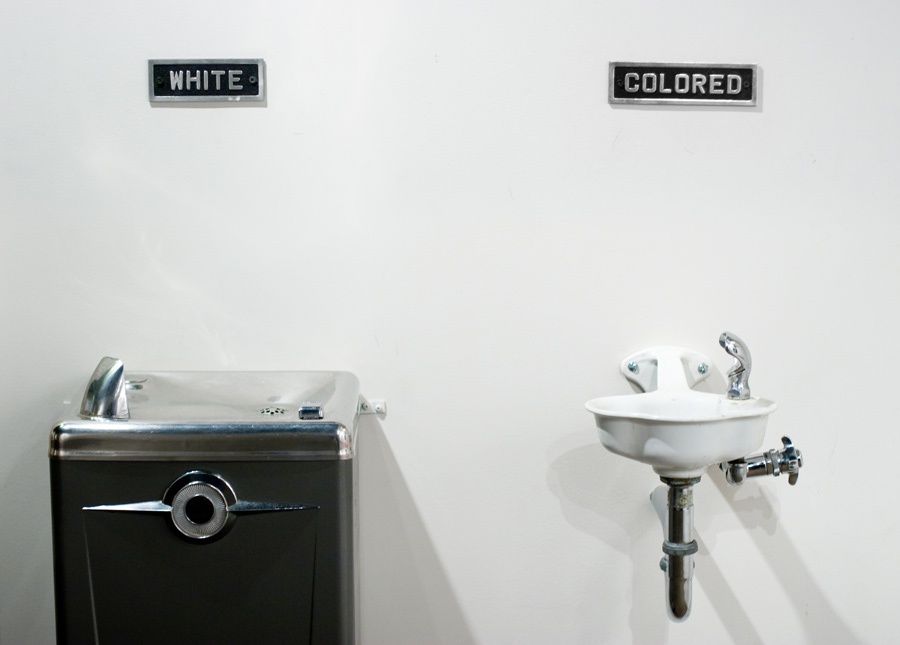
Today, that oppression continues, not through the old obsolete laws, but as a result of the continuing police brutality and violence toward Black males as a consequence of racial bigotry and injustice. One of the leading causes of death for young Black men is being killed by the police, making them 2.5 times more likely to die at the hands of a police officer than their white male counterparts.
We can see some of that racial disparity in the attitudes displayed in the disturbing viral video of Amy Cooper, a white woman who refused to put her dog on a leash in Central Park and subsequently called the police on an innocent black man. In the video, Cooper threatened to telephone the police stating, “I’m going to tell them there’s an African American man threatening my life.”
The incident provided a chilling example of white privilege, white supremacy, and the irrational fear of Black males that continues to permeate our society.
Historically, the gruesome murder of Emmett Till and the conviction of the Scottsboro Boys perfectly illustrated the power of false accusations by white women toward Black males. In 1955, Emmett Till, a 14-year-old African American boy visiting Mississippi was tortured and brutally murdered for the false allegation of whistling at a white woman. His white killers were subsequently acquitted of their crimes — and his accuser later admitted she lied. The Scottsboro Boys, nine African American teenagers ages 13 to 19, were falsely accused and imprisoned in Alabama for raping two white women on a train in 1931 — a crime they did not commit.
The major premise of Harper Lee’s famous novel “To Kill a Mockingbird” was that of a white women falsely accusing a black man of rape, and his unjust conviction. Amy Cooper knew exactly what she was doing when she claimed that an “African-American man was threatening her life.” Cooper was drawing on the illogical stereotype that what this Black man was really threatening was her “white womanhood,” the myth of white female victimhood, fragility, and superiority. Her comments were meant to instill fear of the police.
The sickening and false stereotype of the “thug,” the violent, aggressive, over-sexualized Black male promulgated by white society needs to be obliterated once and for all. If we don’t smash that racist stereotype, these inhumane incidents will continue to occur.
Reflecting on the Amy Cooper incident, The Washington Post writer Michael Harriot explained:
The menace of whiteness is an always-present stalker of black children waiting for them to forget the slightest of these life-preserving teachable moments. Like most black parents, I have handed down these lessons to my children. I have coached them on how to announce their intentions to move before reaching for a driver’s license in the presence of a police officer. I have lectured them on how to present themselves as nonthreatening when in a parking lot or elevator.
Even in routine social interactions, such as walking outside, Black people often experience constant fear for their lives. Only white people can stop that dynamic from occurring. We must shift from a posture of prejudice and discrimination in the first place by unpacking our white privilege, acknowledging systemic oppression, and demonstrating an awareness of our own racial and cultural biases.
The current system isn’t working, so we require a new course of action. The Baha’i Faith calls for racial unity as a remedy to heal societal injustice. Abdu’l-Baha, the son of Baha’u’llah, the prophet and founder of the Baha’i Faith, wrote:
Baha’u’llah has proclaimed the oneness of the world of humanity. He has caused various nations and divergent creeds to unite. He has declared that difference of race and color is like the variegated beauty of flowers in a garden. If you enter a garden, you will see yellow, white, blue, red flowers in profusion and beauty – each radiant within itself and although different from the others, lending its own charm to them. Racial difference in the human kingdom is similar. If all the flowers in a garden were of the same color, the effect would be monotonous and wearying to the eye. Therefore, Baha’u’llah hath said that the various races of humankind lend a composite harmony and beauty of color to the whole. Let all associate, therefore, in this great human garden even as flowers grow and blend together side by side without discord or disagreement between them. –
Only education and spiritual knowledge can uplift humanity and bring about the elimination of all forms of prejudice. Baha’u’llah’s message offers hope based on the equality of all people and unity in diversity. Staying silent on the racism that permeates every fabric and institution of our society is unacceptable. Now is the time to be on the right side of history. As Dr. Martin Luther King Jr. said, we cannot afford to wait any longer:
Injustice anywhere is a threat to justice everywhere. We are caught in an inescapable network of mutuality, tied in a single garment of destiny. Whatever affects one directly, affects all indirectly.


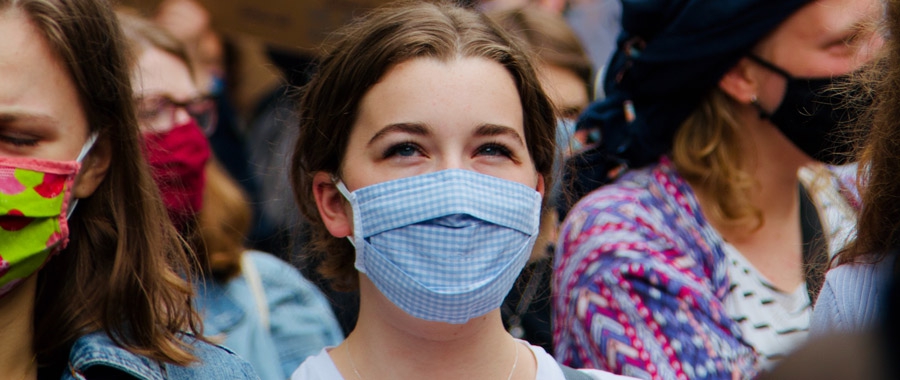

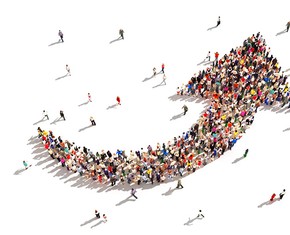
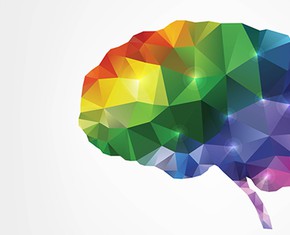
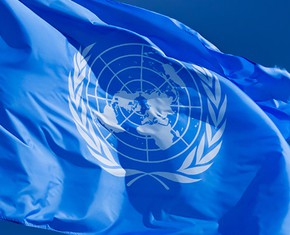









Comments
Sign in or create an account
Continue with Googleor